Mission Statement — “Piano Spheres supports and encourages the composition and performance of major new works for the piano while, mentoring the next generation of emerging pianists. It enlarges the piano repertoire by commissioning new works and sustaining a concert series that focuses primarily on works by contemporary composers.”
Piano Spheres was founded in 1994 by pianist and scholar Leonard Stein, to present the best of contemporary piano music as well as rarely heard treasures from centuries past. Stein, a protégé of Arnold Schoenberg and founding Director of the Arnold Schoenberg Institute, was a champion of new music for more than sixty years as pianist, scholar, teacher, and presenter, both in Los Angeles and abroad. He hand-selected four of his most adventurous, new-music-minded former students from the University of Southern California – Gloria Cheng, Vicki Ray, Mark Robson, and Susan Svrček – to mentor as his colleagues in a unique cooperative venture: a concert series presenting five solo piano recitals programmed by each of the five pianists, all of whom share a fierce dedication to new and unusual music. On September 13, 1994, marking the 120th anniversary of Schoenberg’s birth, Piano Spheres presented its first concert. Since then, it has continued to combine the highest musical standards with a passionate commitment to exploring the music of today, to create the piano repertoire of the future.
The passing of Leonard Stein in 2004 led to a decision to invite a distinguished guest pianist each season to program and perform one concert of the five-concert series, which draws audiences from throughout the region. Among these guest pianists have been composer-pianist Thomas Adès, Jeffrey Kahane, Kathleen Supové, Christopher O’Riley, Ursula Oppens, composer-pianist Terry Riley, Eric Huebner, Joanne Pearce Martin, Liam Viney, the Bugallo-Williams Duo, the Viney-Grinberg Duo, Aron Kallay, Steven Vanhauwaert, Nic Gerpe, Richard Valitutto, and HOCKET.
In 2019 PS added the dynamic piano duo HOCKET (Sarah Gibson & Thomas Kotcheff) as their first new core artists since 1994. HOCKET was recently named Best Chamber Ensemble, Best New-Music Ensemble, Best Discovery, and Best Streamed Performance by the San Francisco Classical Voice.
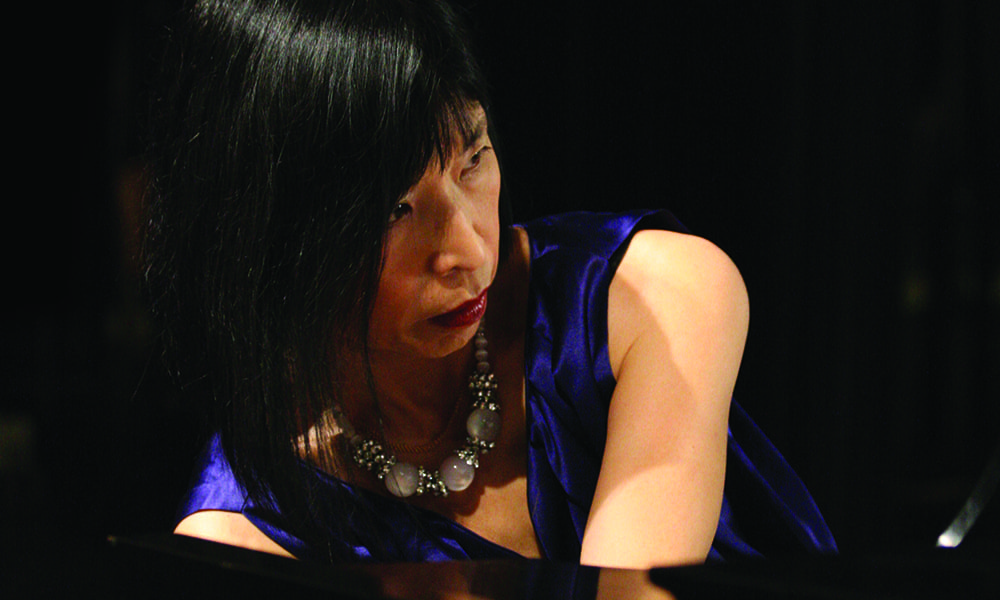
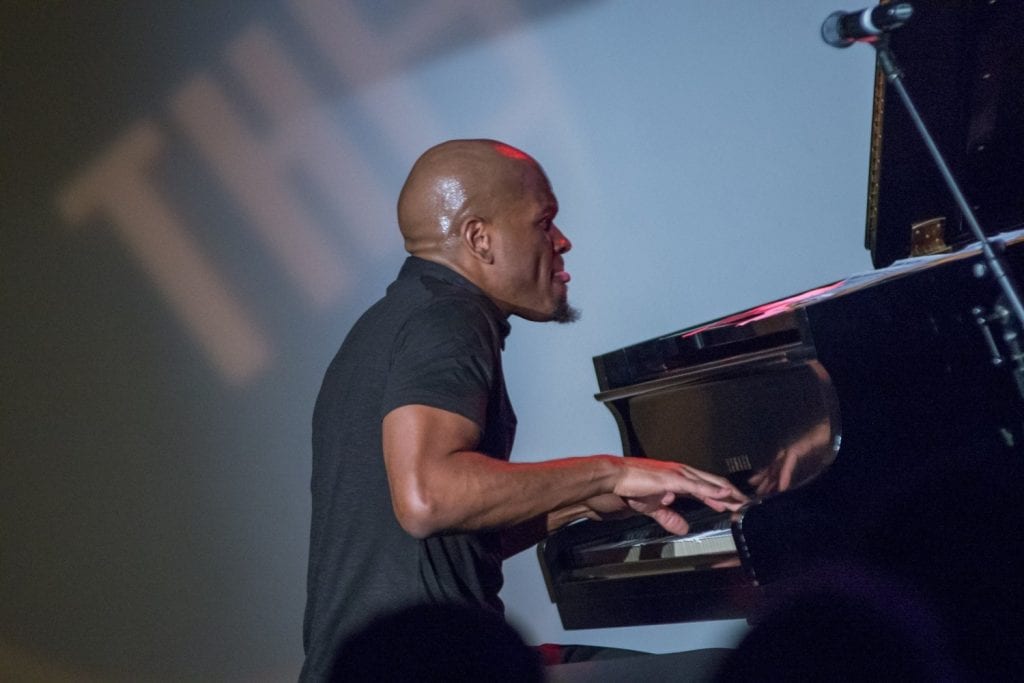
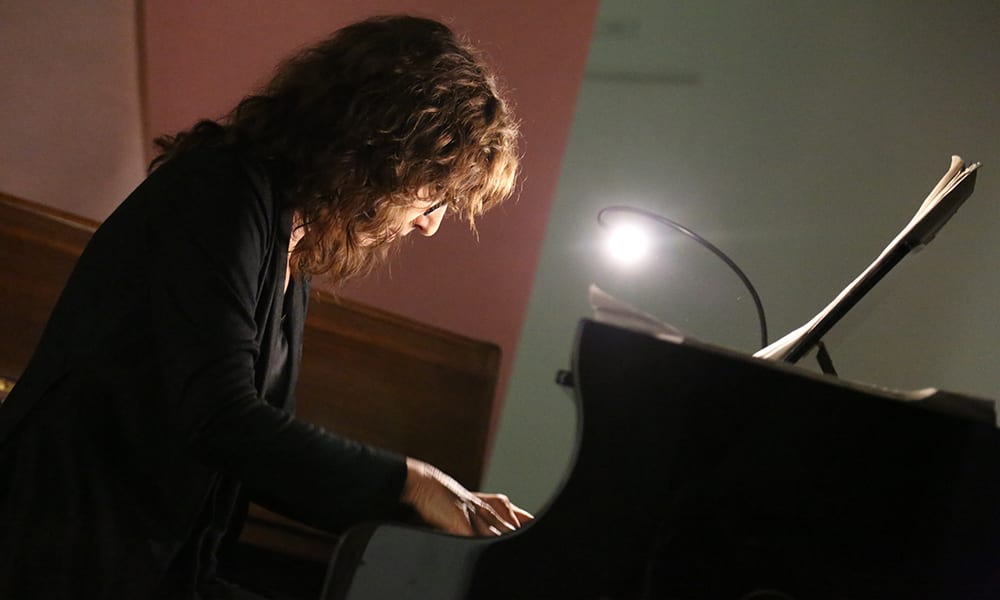
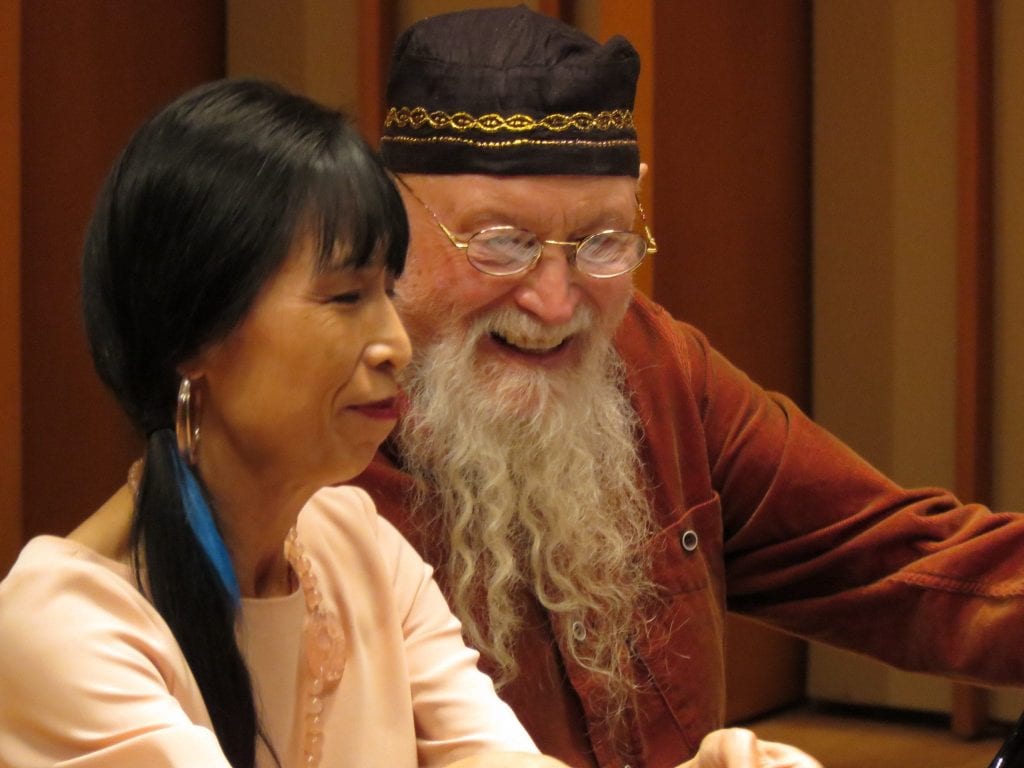
Critics have called Piano Spheres “A nourishing, lasting LA invention” and one of “our most imaginative, best-planned, courageous and stimulating concert series.” Perhaps the LA Times said it best: “Clearly, Piano Spheres is intent on promoting new musical piano culture, not only by affording a handful of L.A.’s finest [pianists] a regular showcase, but also helping to expand and update the existing solo piano repertoire and offer needed encouragement to young composers.”
To date, Piano Spheres’ core artists and renowned guest artists have presented 830 works for piano by more than 300 composers from across the globe, of which 92 are women and 254 are American. These works include solo, duo piano, piano chamber music, and piano vocal music, comprising 126 premieres, 44 of which were commissioned by PS itself. Past performances are presented both on our website and the PS YouTube channel (YouTube/Piano Spheres).
The Piano Spheres core artists are determined to mentor and spotlight the next generation of concert pianists. Through the well-received Emerging Artist Series (formerly Satellite Series), now in its fifth season, PS core artists guide younger L.A.-area pianists in commissioning, interpreting, and performing new works for the piano. Public workshops, featuring the Piano Spheres artist, the emerging artist, and the commissioned composer, are held prior to the artist’s performance. Working to develop new audiences and new sources of funding, the board authorized Friends of Piano Spheres to initiate free “Artists Salons” in private homes, open to the public. Each artist selects a topic within the new music field, addresses the audience, performs examples, and takes questions. This model has proved so popular that we are planning to offer the salon model to college and university campuses.
Piano Spheres artists have performed in Minimalist Jukebox at the LA Philharmonic as part of the LA Philharmonic’s “California Project” festival and “Noon to Midnight”; in a series of four yearly recitals at Boston Court Theater, Pasadena; and for the UCLA Music Library Tribute to Leonard Stein in Schoenberg Hall.
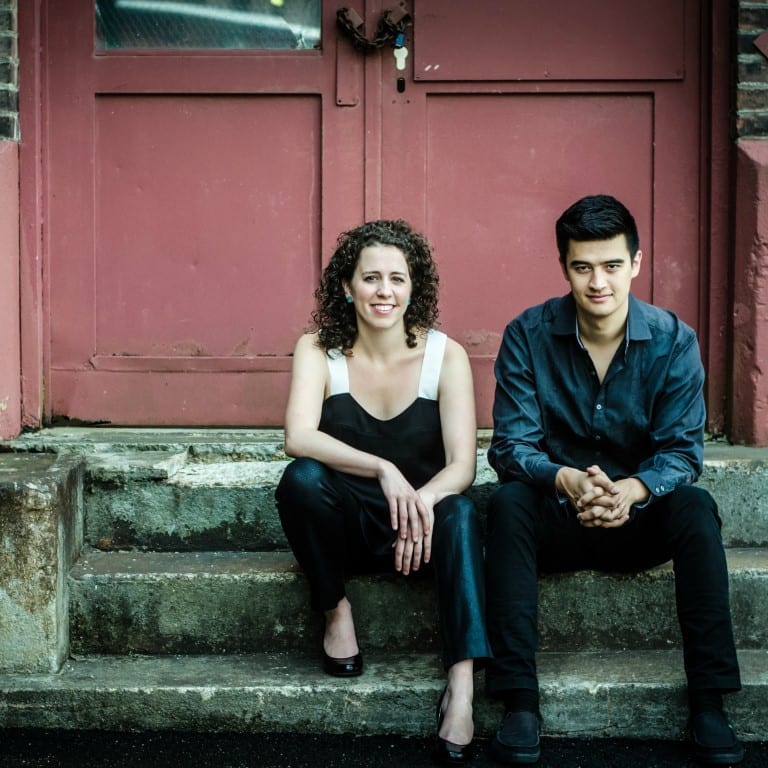
“A nourishing, lasting LA invention” and one of “our most imaginative, best-planned, courageous and stimulating concert series.”
– Mark Swed – LA Times
